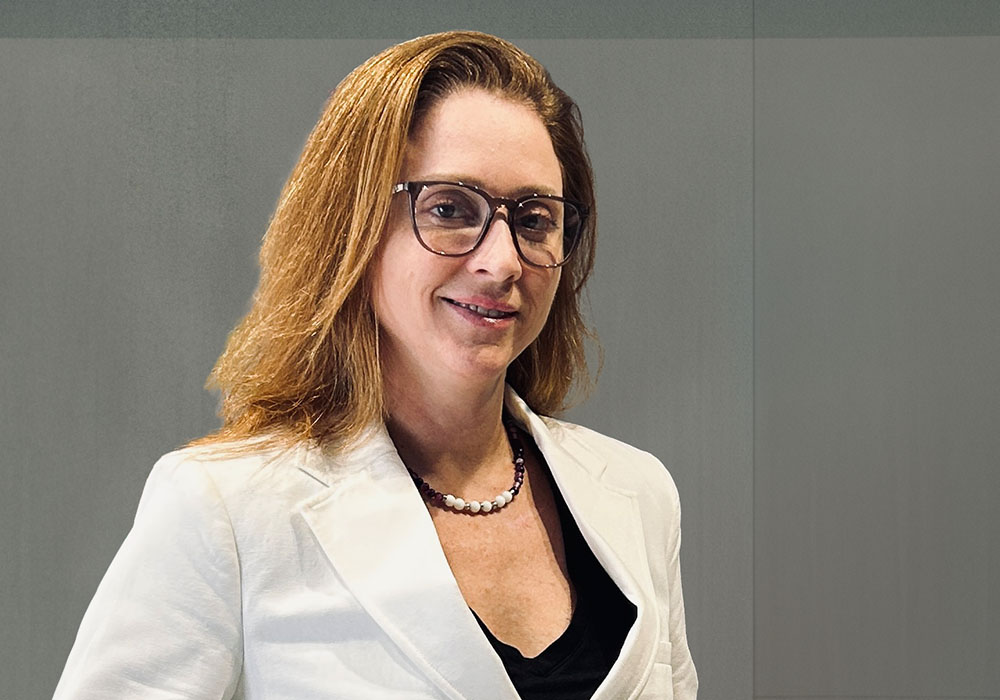Across the United States, family-owned and closely held businesses are confronting a new generation of challenges, many of which are structural rather than cyclical. While these enterprises remain foundational to the national economy, employing nearly half of the private workforce and comprising 99.9 percent of all firms, their longevity is fragile. The transition from one generation to the next has long been the sector’s Achilles’ heel. Statistics show that fewer than one in three family businesses survive into a second generation, and just a fraction make it into the third. Beneath those numbers lies a familiar pattern: underdeveloped governance, informal succession plans, and limited integration between family wealth and operational oversight.
This disconnect between legacy and leadership is becoming increasingly evident as small and midsize businesses navigate a more complex landscape shaped by regulatory expectations, evolving investor standards, and the growing importance of environmental, social, and governance alignment. For many immigrant-led or culturally diverse firms, particularly those with Latin American roots, the difficulties are compounded by the intricacies of cross-border business and unfamiliar compliance frameworks. The gap between what these businesses need and what traditional consulting firms provide has left a vacuum in professional guidance, a space DLI Family Office is preparing to fill.
DLI Family Office is being established in Miami, Florida, to address this structural vulnerability. Designed to serve micro, small, and medium-sized enterprises, including family-controlled businesses and cross-border ventures, the firm will offer tailored advisory services focused on governance, succession, and internationalization. By developing culturally aligned strategies for long-term business continuity, DLI Family Office seeks to improve the survival and resilience rates of a segment often overlooked by conventional financial and legal advisory firms.
The company is the vision of Adriana Soares Jordan, a Brazilian executive whose two-decade career bridges academia, corporate leadership, and entrepreneurship. With a master’s degree in economics and business management, complemented by advanced coursework from institutions in Brazil, the United Kingdom, and the United States, she brings a rare interdisciplinary perspective to business governance. Her work has spanned industries from fashion to finance, and her leadership in both family offices and event ventures has given her deep insight into the operational and emotional dimensions of managing legacy businesses.
Having worked extensively with family enterprises and taught at universities in Brazil and Spain, Jordan developed a nuanced understanding of how culture, structure, and leadership intersect. Her fluency in three languages and professional experience across Europe and Latin America positioned her to recognize a gap in the U.S. market, one that disproportionately affects immigrant-founded enterprises entering a new legal and financial environment without tailored support. “Too many great businesses collapse not because of poor performance, but because there is no roadmap for transition,” she says. “My goal with DLI Family Office is to create frameworks that align personal legacy with professional resilience.”
At its core, the firm will seek to professionalize informal business practices that leave enterprises vulnerable during generational shifts or market expansion. From formal board creation and shareholder protocols to investment evaluations and environmental, social, and governance strategy development, DLI Family Office intends to offer structured solutions that are responsive to both operational and cultural contexts. One of the firm’s distinguishing approaches will be its capacity to offer bilingual, cross-border support, a critical component for Latin American entrepreneurs establishing or growing businesses in the United States.
Nationally, the impact of such an initiative could be considerable. The U.S. economy depends heavily on the long-term health of small and midsize enterprises, particularly those engaged in exports, agribusiness, and regional manufacturing. With nearly 90 percent of new private-sector job growth in 2023 driven by small businesses, improving their resilience through sound governance could have ripple effects in employment, tax contributions, and community stability. Additionally, as demand grows for environmental, social, and governance compliance and cross-border readiness, firms like DLI Family Office stand to play a pivotal role in helping enterprises meet investor and regulatory benchmarks.
Jordan also brings a broader ambition to the firm’s development: helping address the anticipated shortage of governance and asset management professionals in the U.S. labor market. By embedding education into her advisory work through mentorship, client training, and thought leadership, she plans to cultivate the next generation of specialists while simultaneously filling a pressing expertise gap.
As DLI Family Office prepares to open its doors, it enters a market where technical skill alone is not enough. What many U.S. businesses now need is a culturally aware, structurally sound, and strategically grounded partner in transition, something Jordan is uniquely positioned to offer. Through a combination of governance insight, cross-border fluency, and commitment to long-term value, her firm may help ensure that more family businesses do not just survive, but endure.





























